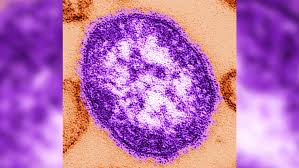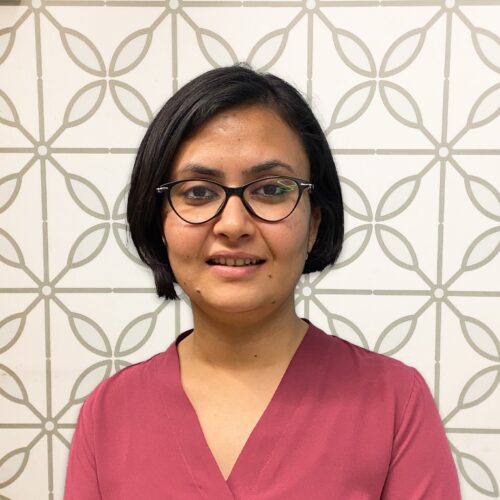Madhukar Rainbow Children’s Hospital speaks on Addressing Cervical Cancer
Madhukar Rainbow Children’s Hospital, a prominent pediatric and maternity hospital in Delhi, published a unique success story on treating a 21-year-old recently married girl “Arti” with irregular bleeding and postcoital bleeding which is initially a

Madhukar Rainbow Children’s Hospital, a prominent pediatric and maternity hospital in Delhi, published a unique success story on treating a 21-year-old recently married girl “Arti” with irregular bleeding and postcoital bleeding which is initially a symptom of cervical cancer.
Arti was worried and scared about this problem and inquired about the cervical cancer symptoms, vaccine, and treatment. Her case highlighted the possibility of cervical cancer. Dr Rinku comforted her and did an exhaustive examination. She informed Arti that there could be some infection in her cervix (mouth of the uterus) and prescribed her some local vaginal antibiotics.
Apart from this Dr. Rinku told her about personal hygiene, barrier contraception, and Pap smear, which is also called a Pap test, a screening test for carcinoma cervix or cervical cancer in women.
As it is usually suggested, cervical cancer vaccines should be given between the age group of 9 to 14 years, before sexual activity begins. However, Dr. Rinku prescribed the same to Aarti, as a precaution as she is younger and recently married and clarified that individuals who have missed the recommended age limit can still benefit from the vaccine. To her surprise and relief, Aarti had no symptoms left after antibiotic treatment and she was calmer and comforted to know and understand how to prevent cervical infections. These infections have a high possibility of leading to precancerous and cancerous lesions if persistent.
According to the Lancet journal data, cervical cancer has emerged as a significant health with nearly 25% of global deaths from cervical cancer occurring in India. Despite widespread misconceptions linking the disease to the neck, it primarily affects the cervix, the neck of the uterus. Renowned expert Dr Rinku emphasizes the need for a comprehensive strategy to tackle cervical cancer, focusing on four key steps: screening, vaccination, safe practices, and early treatment.
Dr. Rinku underlined the important role of vaccination in preventing cervical cancer and said that 90% of the population needs vaccination. It is meant to target the 9-15 age group, which
represents a key demographic to eliminate the disease. This vaccine primarily targets human papillomavirus (HPV), which is a major cause of cervical cancer.
Highlighting the preventable nature of cervical cancer, Dr. Rinku emphasized the importance of early detection through regular checkups. She explained that HPV infection, which is often symptomless, can persist for years and can lead to cancer if not addressed.
Although the vaccine is highly effective, continued monitoring and follow-up is required to ensure continued protection. Globally, 80 percent of women are infected with the HPV virus by the age of 50, but not all HPVs cause cancer. Only 2 types of HPV cause cancer, which are type 16 and 18, and are known to be responsible for 70% of cervical cancers and precancerous cervical lesions.
Sexual behavior, multiple partners, and smoking are recognized as risk factors that can increase the likelihood of HPV infection. Vaccination, good immunity, and healthy practices provide a strong defense against cervical cancer. Dr. Rinku encourages the adoption of screening programs in sync with global best practices for early detection and resolution of the disease.
The conversation extended to the challenges of reaching the 9-15 age group for vaccination. As mentioned before, Dr Rinku clarifies that individuals who have missed the recommended age limit can still benefit from the vaccine.
Acknowledging the role of the government in making vaccines more accessible, Dr. Rinku emphasizes the need for continued efforts in cervical cancer prevention. She discusses the importance of emotional well-being and support within relationships, which contributes to overall empowerment and health. Dr Rinku called for a collective effort to tackle cervical cancer through increased awareness, vaccination, and regular screening.






